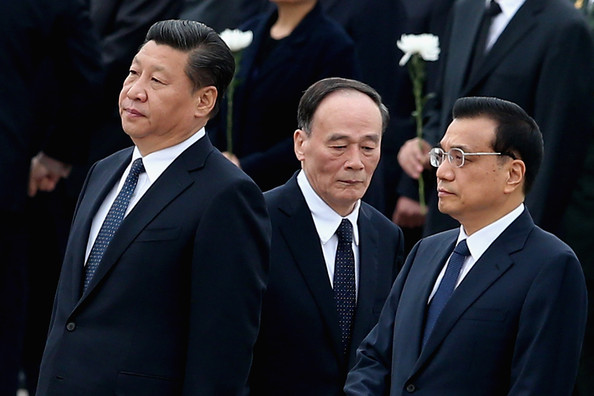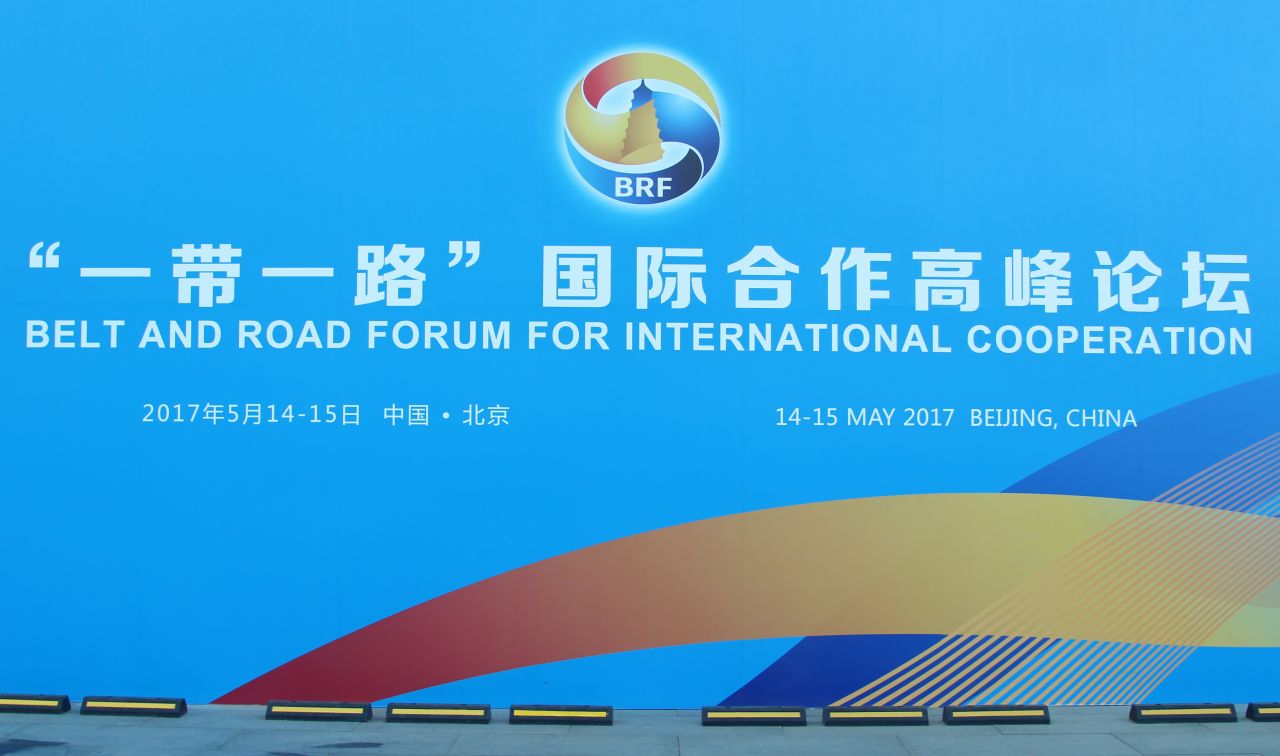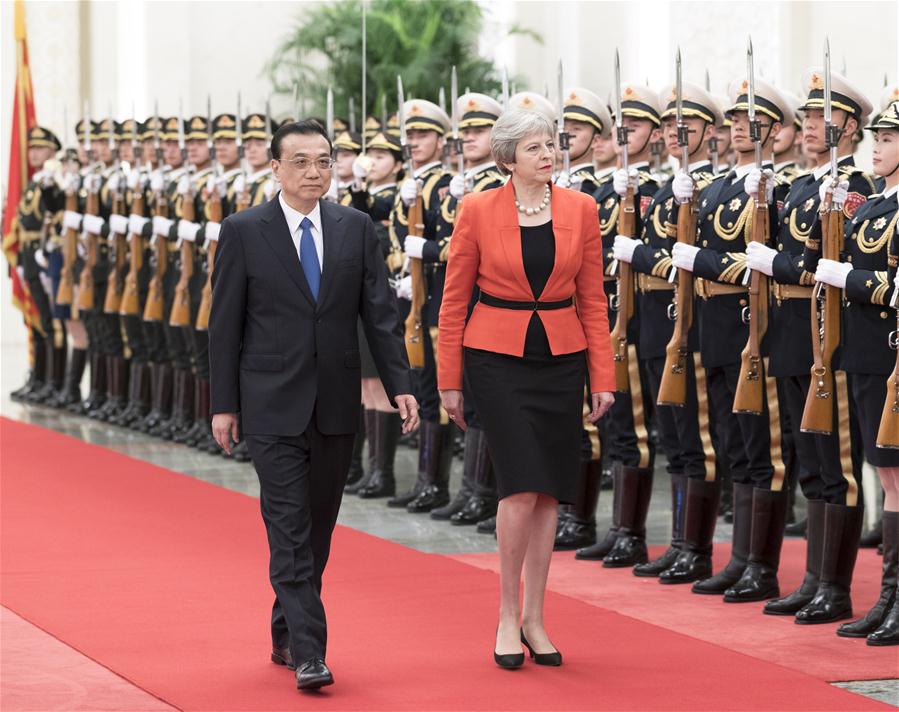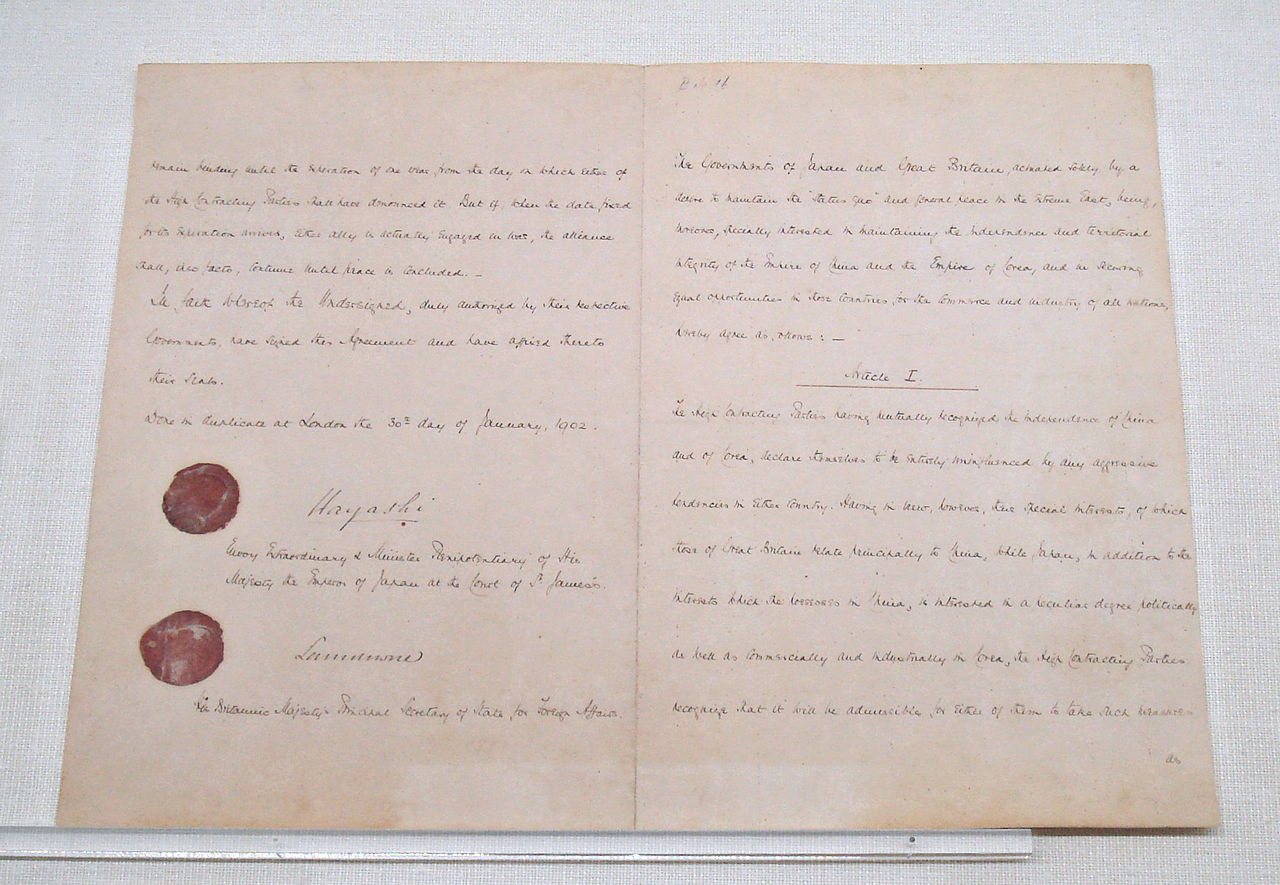
 Wang Qishan Appointed to the National Legislature
Wang Qishan Appointed to the National LegislatureSince Wang Qishan, the prominent official who oversaw the party's crackdown on corruption, stepped down from his position at the 19th Party Congress last October, experts have speculated over the future for Mr. Wang. On Monday, there was a new development: official Chinese news outlets reported that Wang had been appointed to the national legislature, a rare position for a politician who has exceed the unofficial retirement age. Wang will represent Hunan province in the National People's Congress.
Last year, China-US Focus contributor Dr. Jinghan Zeng wrote about Wang Qishan: "Wang's strong leadership in the anti-corruption campaign has made him one of the most powerful leaders. Some argue that his power is second only to Xi Jinping." The Wall Street Journal reported that Wang is also being considered for a critical position managing the relationship between China and the United States, and that he may be in consideration for the post of vice president. This role, although largely ceremonial, has no age-limit and could be the basis for Wang's continued involvement in party politics and international engagements. "There's no reason to take the National People's Congress delegate slot unless they plan to have him assume some national-level position on the government side, and the only one that really makes sense is the V.P. slot," a former U.S. intelligence official told The New York Times.
Dr. Jinghan Zeng wrote that "Wang's personal destiny is linked with Xi's." Many experts have placed similar importance on the eventual role of Mr. Wang, arguing that it may provide clues as to whether President Xi intends to try and retain power beyond 2022. Whether Wang Qishan is appointed to the position of vice president will be a key development to keep an eye on when the annual session of the National People's Congress meets in March.
 China's Plans for New International Belt and Road Courts
China's Plans for New International Belt and Road CourtsChina's Belt and Road Initiative, an expansive project spanning across continents and political ideologies, presents overwhelming legal risks. The infrastructure project is expected to encounter regulatory issues in multiple jurisdictions, ultimately creating legal challenges in financing and the execution of plans. In order to combat trade and investment disputes as they emerge, China has announced that it will set up international courts in Beijing, Xi'an and Shenzhen.
The establishment of international courts would set a "fair and transparent law-based business environment," according to Chinese Communist Party reports. Each of the three courts will serve a different purpose. The Xi'an court in Northwest China will handle cases related to the Silk Road and the Shenzhen court in South China with those related to the Maritime Silk Road. Beijing will be the headquarters.
It is worth noting that all of the courts will stem from Beijing's existing judiciary and arbitration firms, meaning the legal process will primarily be led by the Chinese system. The move is intended to benefit all countries involved while respecting individual legal systems. However, some are raising concerns that a China-led system will lead to bias towards Chinese parties over foreign ones. These complaints over the international courts have added to criticism that President Xi is using the Belt and Road Initiative to push Beijing's political and economic influence abroad.
Hugo Brennan, an analyst at a risk consultancy firm, told CNBC that "The fact that the arbitration courts will be under the Supreme People's Court will be a red flag for many corporate entities." On the other hand, this move could be considered attractive; a proactive step to ensure the fairness and efficiency of the initiative. Legal experts will be watching closely as the new courts begin handling Belt and Road cases.
 British Prime Minister Theresa May Visits China
British Prime Minister Theresa May Visits ChinaThis week, British Prime Minister Theresa May was in Beijing for a three-day trade visit to China, a trip that was considered essential to boosting China-UK trade ties before the United Kingdom officially leaves the European Union in March 2019. At that point, China will be a key international partner as the UK seeks to recreate its trade and diplomatic partnerships outside of the EU umbrella. China is the UK's fifth largest trading partner and the second largest non-EU partner after the United States.
On Wednesday, May told Chinese Premier Li Keqiang that she hoped China and the UK would "build further on that golden era and on the global strategic partnership that we have been working on." The two officials agreed on a new trade and investment review, which is considered a stepping stone to a full free trade agreement after 2019. The British government announced that the UK and China had signed £9 billion worth of business deals during the Prime Minister's visit, which amounts to about $12.8 billion USD (by contrast, President Trump announced $250 billion worth of trade deals during his state visit to China.)
May also met with President Xi, who stressed his dedication to building on the success of the UK-China relationship. Xinhua News quoted May as saying "Britain is willing to promote cooperation with China on Belt and Road Initiative." However, the UK did not actually sign a memorandum of understanding giving Britain's official endorsement to the project. The South China Morning Post reported that this is likely to be a disappointment for President Xi. "What Beijing wanted most from May's visit was for Britain to become the first of the Western countries to get on board the project," the paper wrote.
 This Week in Chinese History
This Week in Chinese HistoryThis week in 1902, Britain and Japan signed a treaty on January 30 that committed each country to supporting an independent China and Korea, although the treaty did acknowledge Japan's 'special interest' in Korea. After months of negotiating, the Anglo-Japanese Alliance was formed. Directed against Russian expansionism in the Far East, it was a cornerstone of British and Japanese policy in Asia until after World War I. The same week, on February 1, 1902, U.S. Secretary of State John Hay protested Russia's exclusive privileges in China, on the grounds that it ran contrary to the Open Door policy. The Open Door policy was a statement of principles initiated by the United States in 1899 and 1900 for the protection of equal privileges among countries trading with China and in support of Chinese territorial and administrative integrity.
Prepared by China-US Focus editorial teams in Hong Kong and New York, this weekly newsletter offers you snap shots of latest trends and developments emerging from China every week, while adding a dose of historical perspective.
- 2018-01-26 New Edition of the Focus Digest
- 2018-01-19 South Korea and North Korea to Compete Together at the Winter Olympics
- 2018-01-12 U.S. House of Representatives Passes Taiwan Bills
- 2018-01-05 U.S. Rejects Sale of Moneygram to China’s Ant Financial
- 2017-12-22 Trump’s National Security Strategy Labels China a “Revisionist Power”
- 2017-12-15 White House and Secretary of State contradict each other on North Korea talks
- 2017-12-08 China Boasts its Technology Chops at the 4th Annual World Internet Conference
- 2017-12-01 The Future of the China-US Economic Relationship
- 2017-11-17 The “Indo Pacific”: A New American Strategy for Asia?
- 2017-11-10 President Trump Revels in China’s State-Visit Red Carpet Treatment
- 2017-11-03 Will China Display Hard or Soft Power in the Era of Xi?
- 2017-10-27 All Eyes on Xi
- 2017-10-20 The 19th Party Congress Begins
- 2017-10-13 Tech Titans
- 2017-10-06 China’s Super Golden Week
- 2017-09-29 All Quiet on North Korea’s Western Front?
- 2017-09-22 Back Together and Better than Ever: Renewed Sino-Russian Relations
- 2017-09-15 China positions itself to dominate the industries of the future
- 2017-09-08 Did North Korea just test a hydrogen bomb?